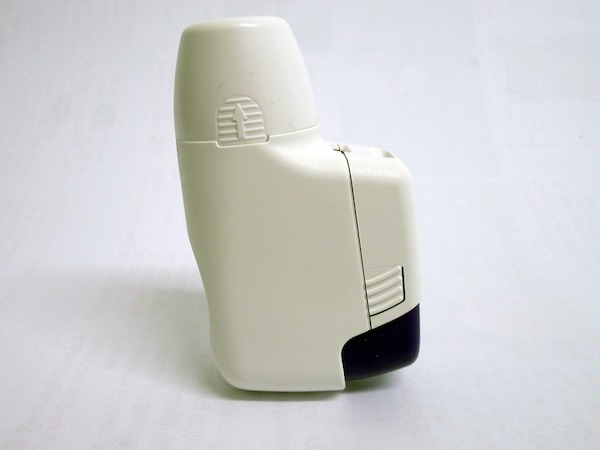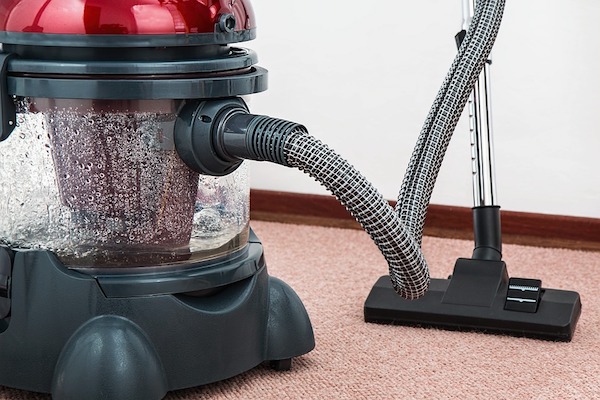
For some people, asthma is simply an insignificant annoyance, but for others, this condition can cause problems and interfere with even the simplest daily activities. But, what exactly is asthma, what causes it, what are the symptoms and, most importantly, how can asthma attacks be prevented? Here are some answers to these questions.
What Is Asthma?

Asthma is a chronic disease which makes the inside walls of the airways narrow and swollen, causing them to be extra sensitive. This means that they might have strong reactions to any allergens, which then narrows them further, making it hard for you to breathe. Symptoms include chest pain, shortness of breath, a whistling or wheezing sound when you exhale, coughing and problems with sleeping caused by the other symptoms. People who have blood relatives with asthma are more likely to get it themselves, as well as those who have other allergic conditions, the overweight, smokers, or those exposed to certain chemicals. Asthma cannot be cured, but the attacks can sometimes be prevented. The best you can do is talk to your doctor and find out what triggers your asthma and how to decrease the chances of an attack.
What Are the Common Triggers and How to Avoid Them?
Asthma triggers are environmental substances that can worsen the symptoms of asthma or cause an asthma attack. They are very common and can be found indoors and outdoors. Here are some of the most frequent ones.
Air
Outside air can contain pollen, air pollution, and cigarette smoke, or it can be very cold, which might cause asthma attacks. Pollens usually cause most trouble during spring and autumn, so try finding out what the peak pollen time is during the day and avoid being outside at that time. When you’re inside your home or in a car, use air conditioning to reduce these air pollutants.
Dust

Another common allergen is dust. Dust mites can be found inside our home, office, or even in our car. As well, they usually get inside of our furniture, carpets, and bed covers, between the pages of our books and even inside our dishes. One option is to clean the house as frequently and as thoroughly as possible, and another is to buy some dust-proof covers and sheets. If possible, get rid of your carpets and invest in the best air purifier on the market, with dust filters.
Animals

Although you might love animals and own a pet, if you’re allergic, they can also cause an asthma flare-up. All animals shed dander, which is one of the most common asthma triggers. Other than that, there are some proteins in animals’ saliva, feces, urine and hair that might also cause asthma episodes. Therefore, if you’re allergic to animals, try to avoid them altogether. If that’s not an option, be sure to bathe them regularly, keep them out of your bedroom and try keeping them outside as much as possible.
Mold
Having mold in your kitchen or bathroom or basement is not an unusual thing, but it can be dangerous if you suffer from asthma, since mold and mildew are significant asthma triggers. Find the damp places around your home and if you have a problem with humidity, be sure to ventilate your home properly, or even get a dehumidifier. If there is some firewood or leaves in your home with mold, as well as old rugs or shower curtains, throw them out.
Bugs
Not only are cockroaches disgusting to look at, but these bugs and their feces can also cause your asthma attacks. If you notice them, vacuum or sweep that area of your home, but also call an exterminator or get some roach gel to get rid of them.

The triggers mentioned above are the most frequent ones, but other things can cause your asthma episodes, such as infections and viruses, as well as stress and anxiety, some heavy scents and even food. The smartest thing to do is to talk to your doctor and learn what your triggers are so that you can try to avoid them and prevent asthma attacks.
- Useful Tips for Finding an Affordable Post-Divorce Home - March 20, 2024
- The Best USA Places for Solo Female Travel in 2024 - February 27, 2024
- Useful Guide to Camping Essentials for Millennial Woman - February 4, 2024






